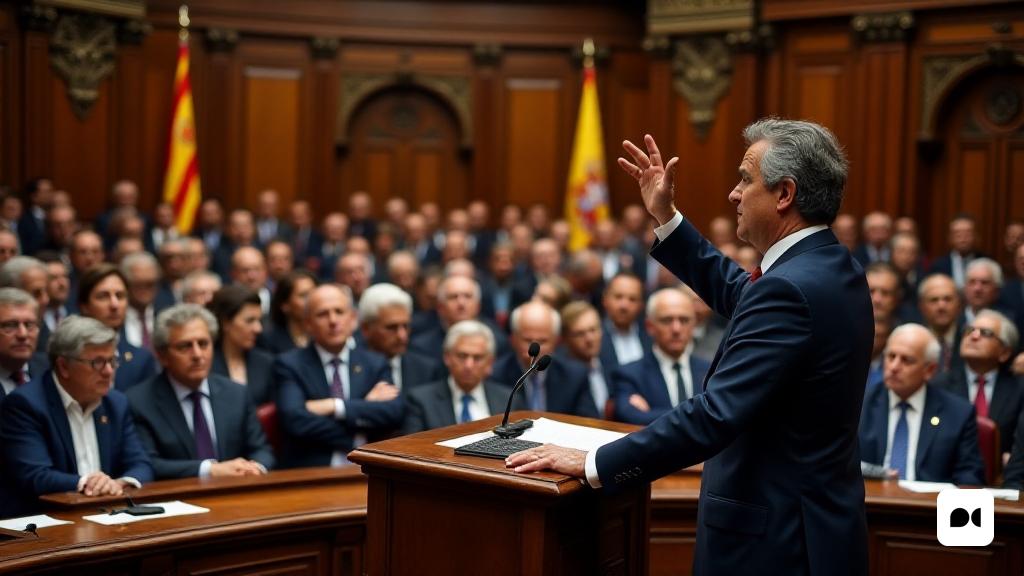Duality of Procession: Dependence and Disobedience
The phenomenon of processism in Catalonia has a fascinating paradox: its involvement in a system they reject. At first glance, this might seem like a tactic to achieve independence, but the years of involvement in Spanish institutions have called into question this narrative. The situation is a reflection of the current political complexity, where the rhetoric of autonomy clashes with the reality of its actions.
Processing as an economic engine
One of the most amazing aspects of processism is its ability to generate employment and economic opportunities. Many people have found career opportunities within the Catalan political industry, which has proven to be a true engine of growth. However, this dynamic has aroused criticism of transparency and ethics in the selection of public officials.
Key placements in the Spanish administration
Since 2018, independence parties like Junts and ERC have managed to place several members in strategic positions within the Spanish administration. This trend stands out as an example of political hypocrisy, where those who criticize the Spanish state take advantage of its resources. Recent designations, such as that of Eduard Gràcia in Renfe, exemplify this contradiction, as he acted as a spokesman for an organization protesting against the public company that he now runs.
Prominent appointments and their implications
Other appointments that have generated controversy include Sergi Sol and Miquel Calzada, who have been designated to hold RTVE positions with significant salaries. These appointments have aroused a debate on the loyalty and coherence of politicians who, despite swearing on the current legal system, seem to ignore their own criticism of the system.
Reflections on the premonitory speech of Alejandro Fernández
Alejandro Fernández, leader of the PP in Catalonia, has shown this contradiction on several occasions. In a parliamentary intervention of 2021, he said the irony of the President of the Parliament, Laura Borràs, who, while calling for disobedience, benefited from a public office within a system he rejected. Fernández emphasized his ability to play with both sides of the political currency, a strategy that is now evident in the new appointments of the pro -independence parties.
An uncertain future for processing
With the political situation in Catalonia constantly evolving, it remains to see how this will affect the dynamics of placements. Fernández’s reflection on recent appointments can be an alert signal about the direction of processing, which continues to navigate between its rhetoric of opposition and its reality of dependency. The debate on its authenticity and priorities will become more and more intense as Catalan politics progresses.

